COURSE OVERVIEW
HE0754 : Food Additives & Modern Ways of Food Processing
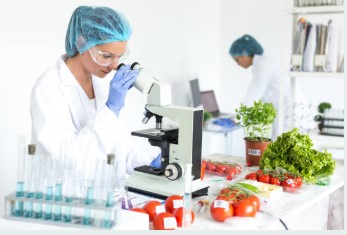
OVERVIEW
| COURSE TITLE | : | HE0754 : Food Additives & Modern Ways of Food Processing |
| COURSE DATE | : | Aug 24 - Aug 28 2025 |
| DURATION | : | 5 Days |
| INSTRUCTOR | : | Dr. Hala Hashim |
| VENUE | : | Dubai, UAE |
| COURSE FEE | : | $ 5500 |
Course Description
Food processing, to a large extent, embraces techniques of food preservation, as in addition to producing modified products spoilage is also reduced. The main distinction between preservation and processing lies in the fact that processing may be carried out solely for the purpose of extending product lines and variety and not necessarily to extend shelf life as in preservation. The production of soft drinks, fruit syrups, glazes, and some snack products among many others, are examples of “value-added” products produced primarily to provide convenience foods, increased profits and the enjoyment of the consumer. Methods of preservation used to extend shelf life include the removal of moisture, temperature control, pH control, use of chemical preservatives and irradiation.
Food Processing is a course that explains how the use of additives can preserve foods. The course also provides an overview of the processing technologies used for food preservation. This includes procedures that are commonly used to process and preserve food on a commercial basis. Other topics include packaging, thermal processing, chilling storage, freezing and irradiation.
This course is designed to provide participants with a detailed and up-to-date overview of food additives and modern ways of food processing. It covers the improvement of food industry and the start of using food additives; the hidden and waylaid risks for the food additives, salts and sugars; the food inspection and the energy group, protection group, fibre group and milk group and its derivatives; the food pyramid; and the cases for food corruption that cause to use the food additives.
During this interactive course, participants will learn the food conservation and food E-numbers; the additives and the most dangerous additives that shall be avoided; the additive chemicals that are responsible for many diseases; the processing technologies, canning, dehydration, drying, extrusion and freezing; and the aseptic processing, thermal processing, irradiation, storage and distribution.
TRAINING METHODOLOGY
This interactive training course includes the following training methodologies:
LecturesPractical Workshops & Work Presentations
Hands-on Practical Exercises & Case Studies
Simulators (Hardware & Software) & Videos
In an unlikely event, the course instructor may modify the above training methodology for technical reasons.
VIRTUAL TRAINING (IF APPLICABLE)
If this course is delivered online as a Virtual Training, the following limitations will be applicable:
| Certificates | : | Only soft copy certificates will be issued |
| Training Materials | : | Only soft copy materials will be issued |
| Training Methodology | : | 80% theory, 20% practical |
| Training Program | : | 4 hours per day, from 09:30 to 13:30 |
RELATED COURSES
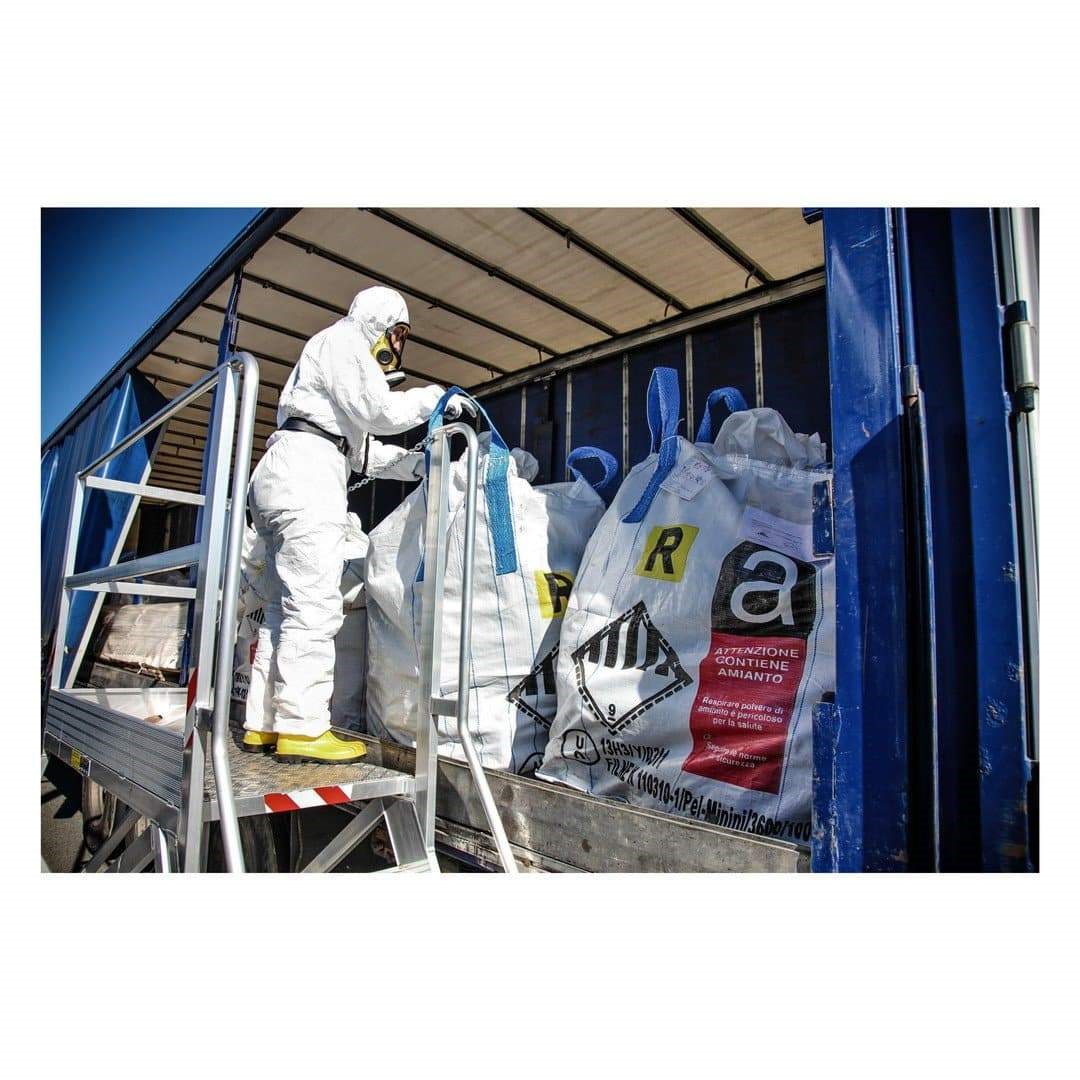
HE1939 : Industrial Hygiene Certification Program: BOHS-M504: Asbestos and Other Fibres (Accredited by the British Occupational Hygiene Society-BOHS)
- Date: Mar 29 - Apr 02 / 3 Days
- Location: Dubai, UAE
- Course Details Register
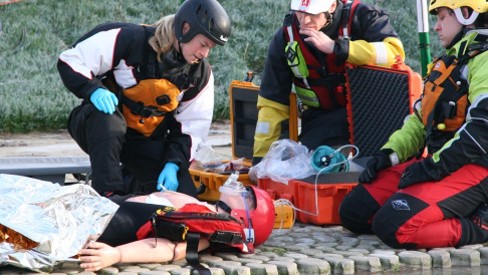
HE0970 : الإسعافات الأولية
- Date: Mar 29 - Apr 02 / 3 Days
- Location: Kuwait
- Course Details Register
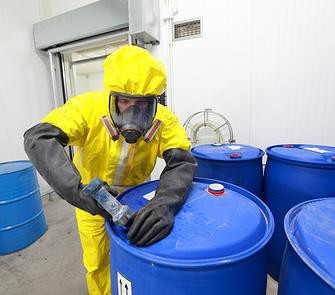
HE0904 : Basic Principles of Industrial Hygiene (Certified)
- Date: Mar 29 - Apr 02 / 3 Days
- Location: Al Khobar, KSA
- Course Details Register
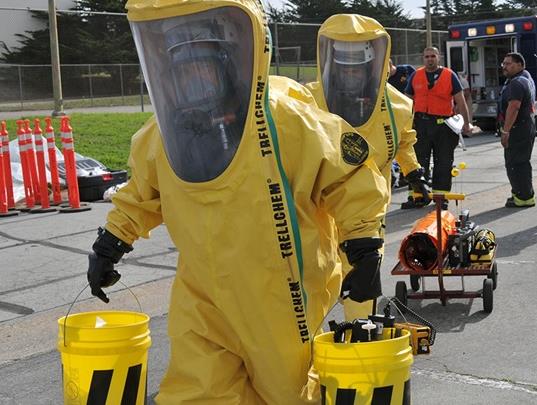
HE0581-3D : Certified Radiation Protection Officer (RPO) In-line with the Requirements of the Federal Authority for Nuclear Regulation (FANR)
- Date: Mar 02 - Mar 04 / 3 Days
- Location: Dubai, UAE
- Course Details Register
